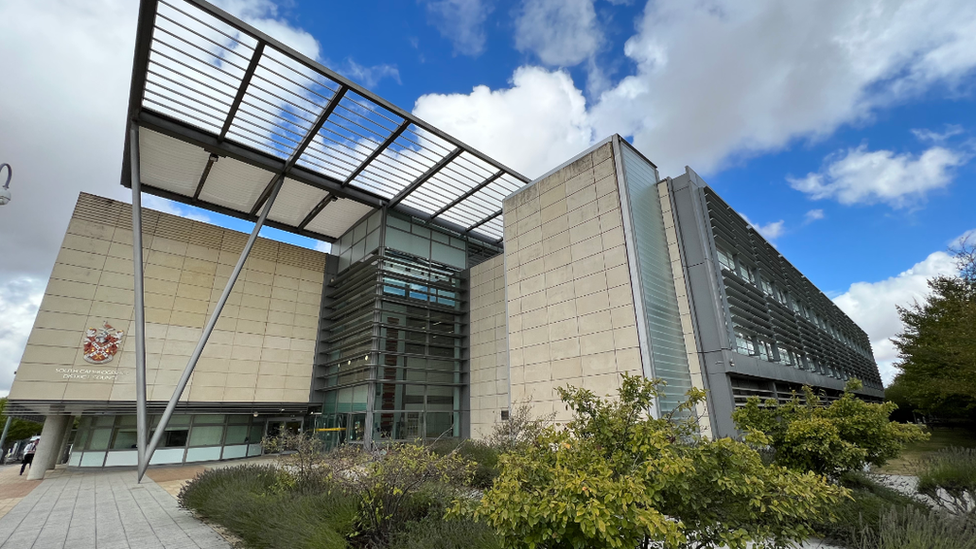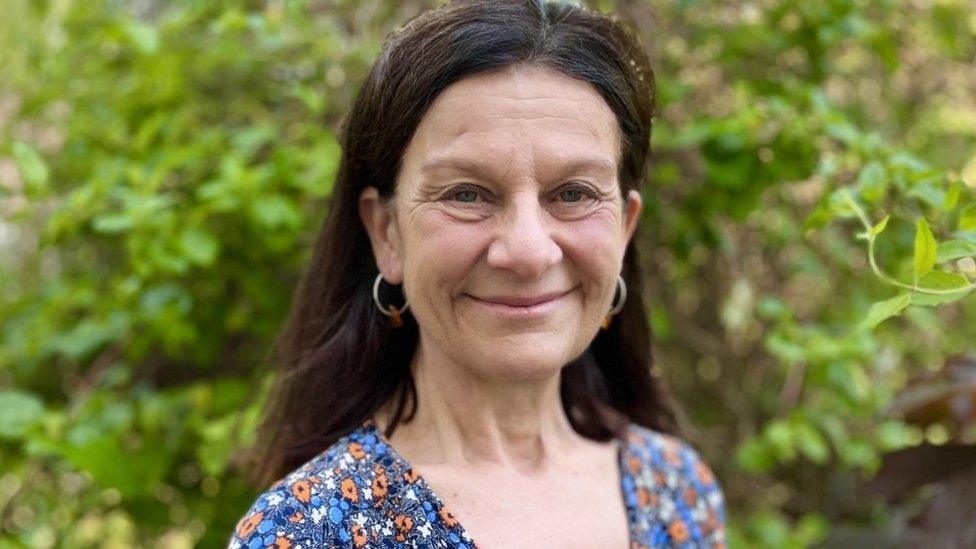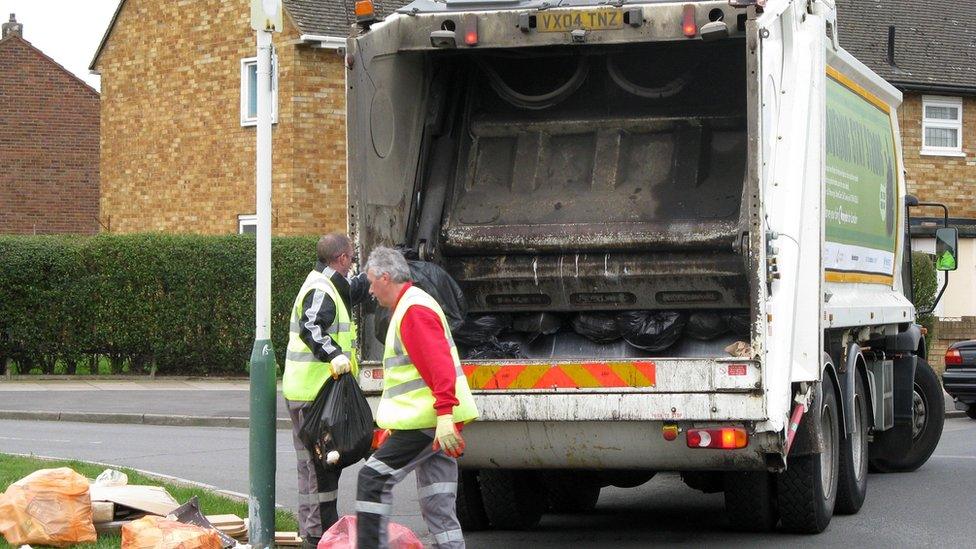Minister's financial threat over Cambridgeshire four-day week
- Published

About 450 staff at South Cambridgeshire District Council are trialling a four-day week, set to expand to other workers this month
A council has been told to cease its trial of a four-day week for workers or the government will consider "financial options" to stop it.
South Cambridgeshire District Council began the trial in January.
But local government minister Lee Rowley has written to tell it targets in seven categories have not been met since, including call-answering.
A council spokesman said it had received Mr Rowley's letter and would respond in due course.
The Liberal Democrat-led council was the first local authority to trial the four-day week.
It has cited a drive to help fill vacancies by attracting workers, and also reduce sickness levels.

Lee Rowley says amid the trial, the council is failing performace targets
The authority started the pilot with 450 desk-based staff at its office in Cambourne.
The trial had been due to be expanded to other staff, including refuse collectors, this month.
Mr Rowley first asked the authority to end the trial in July, raising the prospect it could breach its legal duties via the arrangement.
He has again written to urge Bridget Smith, council leader, to "voluntarily end your experiment with taxpayers' money immediately".
He said: "While we remain hopeful that it will not be necessary, I wish to reiterate that we are currently considering other financial options available to us regarding ending 'four-day weeks' in the local government sector, should it remain necessary to do more later in the autumn."

Bridget Smith, the Liberal Democrat leader of the council, has previously said the trial is to help fill vacancies
South Cambridgeshire Conservative MP Anthony Browne, who has opposed the trial since its start, said he supported "the government's decision to seek an end to this ideological crusade".
Of the minster's complaints of missed targets for call-answering, the council spokesperson said January, February and March had been its busiest months for inquiries.
But he added responses for June, July and August were better than the average for all monthly results since 2016.
He said that on average the authority processed new housing benefit and council tax support claims within its 15-day target timescale.
The council, he said, exceeded its housing benefit target in January, but was 0.12% below target in February and 0.04% below in March, due to the timing of payments hitting rent accounts.
The council previously said the trial may have saved it £330,000.

Follow East of England news on Facebook, external, Instagram, external and X, external. Got a story? Email eastofenglandnews@bbc.co.uk, external or WhatsApp us on 0800 169 1830
Related topics
- Published6 July 2023

- Published1 July 2023

- Published18 June 2023
